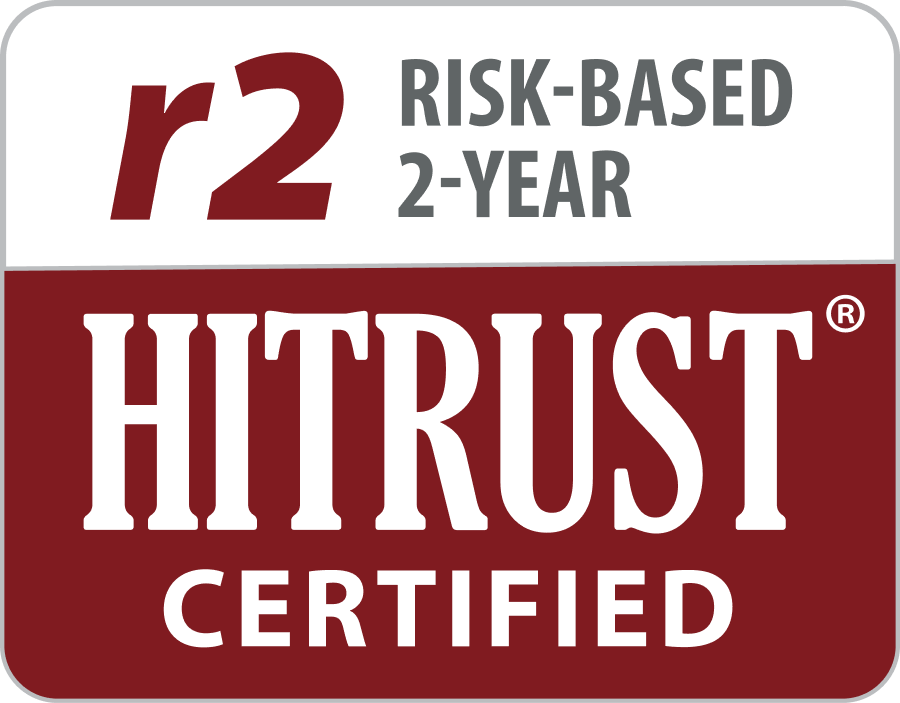by Lynn Kryfke, MSN, RN, Sr. Consultant, Risk Adjustment | Jon Rogers, Sr. Consultant, Risk Adjustment

CMS recently announced its Innovation in Behavioral Health Model, intended to “improve quality of care, access, and outcomes for people with mental health conditions and substance use disorders in Medicaid and Medicare.”
Reducing Barriers to Engage Patients with Behavioral Health Needs
Reducing barriers and promoting access to behavioral health services is crucial for both health plans and providers. Historically, these services have been underutilized and under-reported due to several factors. These factors include the stigma associated with accessing behavioral healthcare, shortages of qualified providers, limited availability of nearby services, and a lack of telehealth options.
Accurate identification of behavioral health conditions, and precise coding and billing processes, are vital to capture the complete health picture of individuals and populations.
By prioritizing strategies that address these factors and implementing initiatives to overcome the barriers, we can improve engagement and utilization.
Capture Accurate Diagnosis, Codes and HCCs
Capturing rendered services, identifying behavioral conditions, and coding for these services changed for 2024; CMS modified the risk adjustment models and will now use ICD 10 diagnosis codes with new HCCs.
The health and risk of the beneficiary/patient is determined by what’s documented in the patient record and on the billing summary. Practitioners have a responsibility to fully document information regarding all conditions, including coexisting conditions. Industry best practice is to code each condition to the highest degree of specificity, and to detail the treatment and/or management for each. However, if providers are unaware of the changes to the documentation needed to support treatment and billing, data capture may not be accurate or complete regarding patient behavioral health conditions.
Address Concerns Surrounding Behavioral Health Documentation
In order to receive reimbursement, behavioral health medical records must contain accurately coded medical necessity reason and rationale for clinical treatment. However, due to concerns about confidentiality, patients and providers often hesitate to share the necessary information for comprehensive documentation. This reluctance can lead to situations where providers do not furnish medical records to Managed Care Organizations (MCO) when requested. As a result, MCOs are faced with addressing questions regarding the usage and handling of this information in order to alleviate the concerns of patients and providers. One strategy that MCOs can employ is to assure patients and providers that shared data is used solely for reimbursement and resource allocation purposes.
Strategies to Improve Behavioral Health Access and Documentation
In light of recent changes in risk adjustment models, there are various strategies to improve the identification of beneficiary health and potential risk related to behavioral health conditions. While this list is not exhaustive, consider the following:
- Provide anticipatory guidance and educate providers and their staff on new coding structure and documentation requirements, with a clear focus on supporting billing and treatment capture
- Educate beneficiaries/patients on confidentiality, information security, and the sharing of their personal data
- Use secure electronic data transfer methods for enhanced privacy and efficiency
- Offer telehealth options in rural areas or where other barriers to healthcare access exist
- Facilitate information exchange between different types of healthcare providers, such as physical health practitioners and behavioral health specialists
Additionally, reducing the administrative burden on providers is essential for successful collaboration. Some effective strategies to engage providers include:
- Implement value-based contracting to provide financial incentives for resource utilization
- Co-locate a case manager in provider offices to improve patient/beneficiary identification and care coordination
Promote Collaboration to Address Underutilization of Behavioral Health Services
To tackle the issue of underutilization, collaboration is crucial. Identification and education play vital roles in engaging both beneficiaries and providers. Utilizing public health notices to reduce stigma can effectively educate the community, consumers, and healthcare providers. By fostering a universal understanding among consumers, practitioners, and community partners, support can be provided to beneficiaries in need of behavioral health services.
ATTAC Consulting Group has the expertise and experience to keep accuracy of risk scores in the forefront of your organization’s risk adjustment program. With a pulse on the latest CMS and OIG trends, and the knowledge of where to look, ATTAC is uniquely positioned to aid in your organization’s risk adjustment programs.

